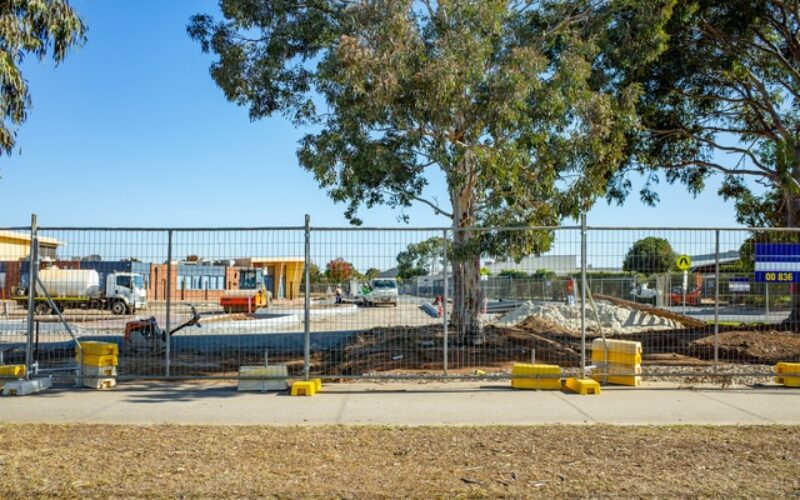Campus maintenance can happen at any time of the year. While repairs are essential for infrastructure, they also bring potential safety risks that can affect students, faculty, and maintenance crews alike. Knowing how to prevent accidents in campus maintenance projects starts with understanding the unique challenges of working in an educational environment.
Plan Before You Start
Walk through your project area during different times of day to identify high-traffic periods, emergency routes, and potential hazards.
Using that information, create detailed work schedules that account for class changes, mealtimes, and campus events. Students often rush between buildings, and maintenance equipment in walkways can create unexpected collision risks. Consider scheduling noisy or disruptive work during low-traffic hours.
Control Your Work Zone
Clear boundaries protect both workers and campus community members from accidents. Use bright, visible barriers that clearly mark work areas and redirect foot traffic safely around your project.
Post clear signage that explains the nature of your work and expected completion dates. Students and faculty appreciate knowing what’s happening and how long disruptions will last. This information helps them plan alternative routes and reduces the temptation to take shortcuts through work zones.
You could also assign spotters to busy intersections where work zones meet pedestrian traffic. These team members watch for people who might not notice barriers or warning signs, especially during heavy pedestrian flow between classes.
Handle Heavy Equipment Safely
Campus maintenance often involves moving large equipment through difficult spaces. When lifting or moving heavy items, safe heavy lifting operations require accurate load calculations to prevent equipment failures that endanger everyone nearby.
Coordinate with campus security before moving large equipment. They can help manage pedestrian traffic and provide additional oversight during complex equipment moves. Security personnel are also familiar with campus emergency procedures and can respond quickly if problems arise.
Communicate With Campus Community
Effective communication prevents accidents by keeping everyone informed about maintenance activities. Send advance notices to campus housing, academic departments, and student organizations about upcoming projects that might affect their areas.
Use multiple communication channels to reach different campus populations. Email works well for faculty and staff, while social media and campus apps often reach students more effectively. Physical signage around the construction area area is a must.
Update your communications regularly as project conditions change. Weather delays, equipment problems, or additional work can alter project timelines and safety requirements.
Manage Environmental Hazards
Campus maintenance projects could encounter environmental hazards that require specific attention. Older campus buildings, in particular, may contain asbestos, lead paint, or other hazardous materials that need specialized handling.
Weather conditions affect campus maintenance differently than other construction work. Students and faculty still need to move between buildings, which can make work zones more hazardous than usual.
Plan for seasonal challenges, like ice formation around outdoor maintenance areas or increased pedestrian traffic during certain academic periods. Graduation ceremonies, homecoming events, and exam periods all create unique safety considerations for maintenance work.
Preventing accidents in campus maintenance projects requires ongoing attention to changing conditions. By prioritizing safety planning, clear communication, and proper equipment handling, maintenance teams can complete necessary work while protecting the community they serve.
Image Credentials: By Doublelee, File 1478291566
-------------------------------------------------------------------------------------------------------------
end of post idea
-------------------------------------------------------------------------------------------------------------
view home improvement ideas at our Photo Remodeling center











